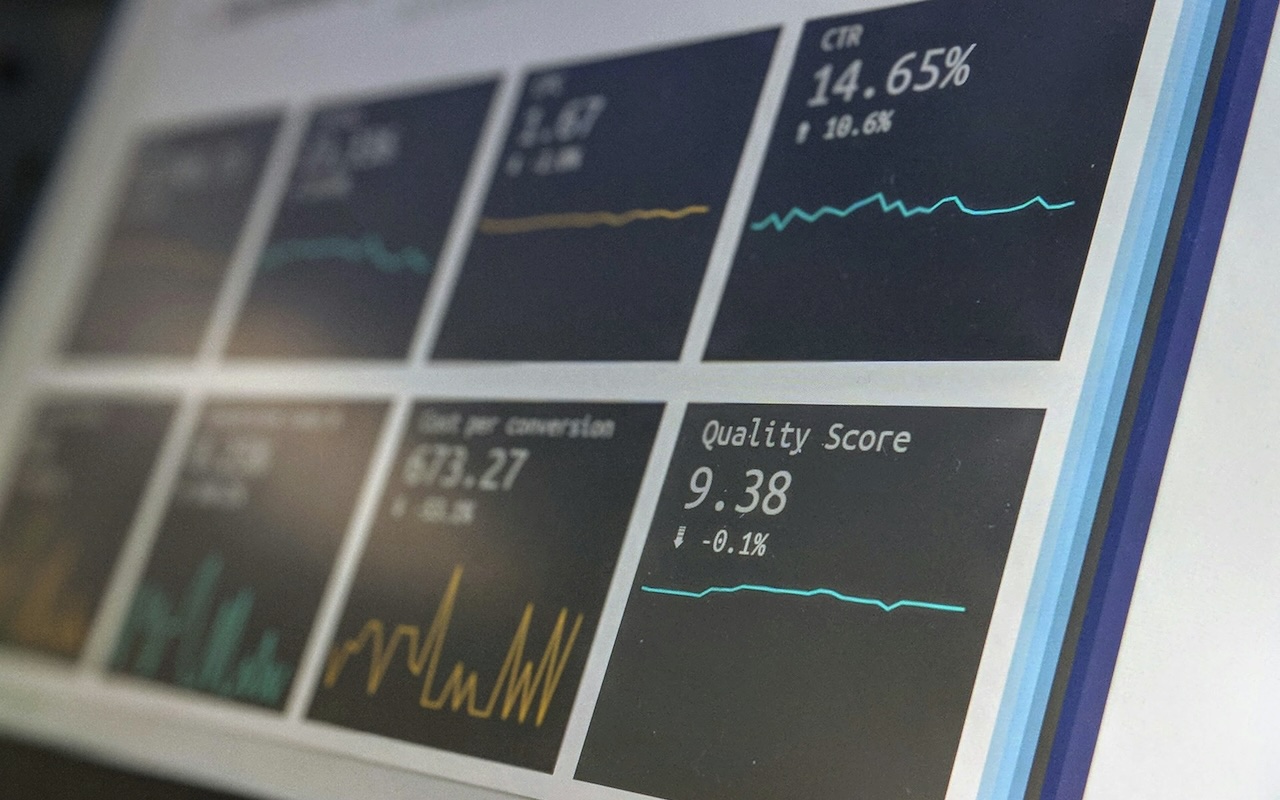
In the fast-paced world of digital marketing, businesses are constantly looking for ways to optimize their strategies, measure success, and improve customer engagement. Two approaches dominate the data reporting landscape: AI-driven analytics and traditional reporting methods. Each method has its strengths and specific applications within marketing strategies.
In this article, we'll explore both AI-driven analytics and traditional reporting, comparing how each plays a role in a digital marketing strategy without concluding which one is universally superior. Instead, we’ll focus on their unique benefits, challenges, and how businesses can leverage them together for better marketing outcomes.
AI-Driven Analytics: Paving the Way for Predictive and Real-Time Insights
AI reporting offers businesses the ability to go beyond basic data reporting and dive deep into predictive analysis. By leveraging machine learning and advanced algorithms, AI can continuously monitor and analyse customer behaviour, providing real-time insights that are essential for optimising marketing campaigns on the fly.
Key Features of AI-Driven Analytics:
- Predictive capabilities: AI can forecast trends and consumer behaviour patterns, giving businesses a competitive edge in preparing for future opportunities or challenges. With predictive models, businesses can anticipate shifts in the market and tailor their strategies in advance, ensuring they’re always a step ahead of the competition.
- Real-time data tracking: AI-powered tools track user actions and interactions in real time, enabling marketers to immediately act on insights without waiting for periodic reports. This means businesses can address customer needs instantly, enhancing user experiences and boosting engagement during critical moments.
- Automated decision-making: AI can automate repetitive tasks such as A/B testing and ad optimisation, making marketing efforts more efficient. This automation frees up valuable time for marketers to focus on strategy and creative development while ensuring optimal performance in campaigns.
However, despite these advantages, AI is not without challenges. It often requires businesses to ensure they have the right skill sets to effectively implement and manage AI solutions.

Image by Pexels
Traditional Reporting: The Foundation of Marketing Performance Evaluation
Traditional reporting methods, such as manual data aggregation through spreadsheets or static dashboards, have long been the backbone of digital marketing evaluation. These reports provide marketers with clear snapshots of key performance metrics like conversion rates, site traffic, and engagement over specific time frames.
Key Features of Traditional Reporting:
- Simplicity and structure: Traditional reports are easy to create and understand, making them suitable for businesses with less technical expertise in advanced data analysis. They provide a structured format that simplifies the process of reviewing performance over time, especially for teams unfamiliar with AI tools.
- Historical insights: These reports often provide valuable retrospective data, allowing marketers to assess campaign performance over set periods and identify long-term trends. With clear data on past campaigns, businesses can make informed decisions based on what worked previously, helping to guide future strategies.
- Accessibility: Traditional reporting tools are often cost-effective and accessible to smaller businesses or those just starting to analyze data. These methods do not require heavy investment in specialized software or tools, which makes them an appealing option for businesses with limited budgets or resources.
However, traditional methods lack the real-time capabilities of AI and can struggle with more complex tasks like predictive analytics, which are crucial for a truly dynamic digital marketing strategy.
How AI and Traditional Reporting Complement Each Other
Rather than viewing AI and traditional reporting as competing methods, it's more accurate to consider them as complementary tools that serve different functions in a digital marketing strategy.
- AI helps businesses to stay agile, reacting to real-time data and making informed predictions about future trends. It's invaluable for managing campaigns in fast-paced environments and automating tasks that would otherwise require significant human resources.
- Traditional reporting offers a structured approach that helps businesses track their historical performance and assess long-term trends. It provides a solid foundation for understanding which strategies have worked in the past and which areas need improvement.
By using both approaches in tandem, businesses can create a more holistic view of their marketing efforts. Traditional reports help set the groundwork and establish a baseline for success, while AI-driven analytics take over to optimize and improve real-time decision-making.
The Role of Both in Digital Marketing Success
In a rapidly changing digital landscape, agility and the ability to adapt quickly are paramount. AI-driven tools help marketers respond to immediate opportunities, identify changing customer preferences, and refine strategies dynamically. Meanwhile, traditional reporting methods continue to play a vital role in assessing the overall health of marketing efforts, ensuring that businesses don’t lose sight of the bigger picture.
Together, they offer a comprehensive approach to digital marketing success, combining the best of both worlds — predictive, data-driven decisions and solid, retrospective analysis.
Wrap Up
AI and traditional reporting each play crucial roles in digital marketing strategies. Rather than pitting them against each other, businesses should recognize the strengths of both and consider how they can be integrated for more effective decision-making. As the digital marketing landscape continues to evolve, businesses that utilize both AI-driven analytics and traditional reporting methods will likely be best positioned to stay competitive and responsive to their customers' needs.
Featured Image by Unsplash.
Share this post
Leave a comment
All comments are moderated. Spammy and bot submitted comments are deleted. Please submit the comments that are helpful to others, and we'll approve your comments. A comment that includes outbound link will only be approved if the content is relevant to the topic, and has some value to our readers.

Comments (0)
No comment